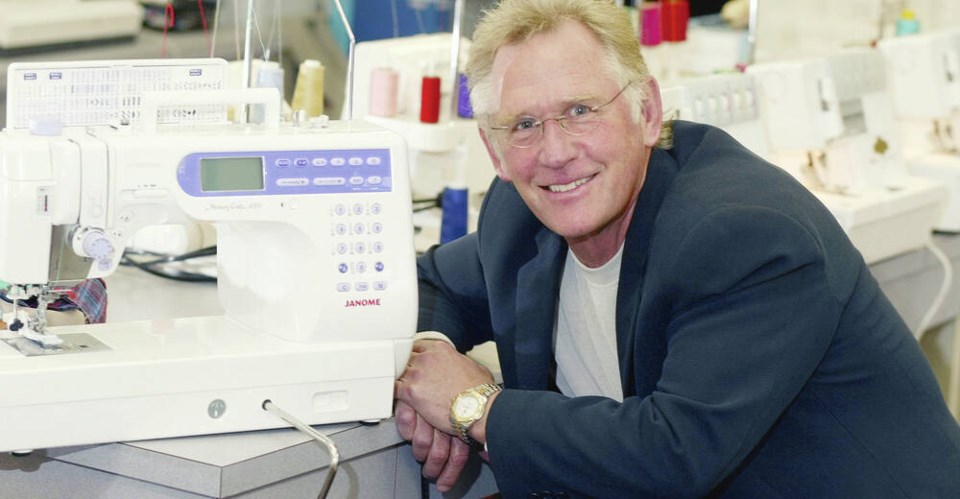For years, cancer researchers have noticed that more men than women get a lethal form of brain cancer called glioblastoma. They've also found that these tumors are often more aggressive in men. But pinpointing the characteristics that might help doctors forecast which tumors are likely to grow more quickly has proven elusive.
University of Wisconsin–Madison researchers are turning to artificial intelligence to reveal those risk factors and how they differ between the sexes. Radiology and biomedical engineering professor Pallavi Tiwari and her colleagues have published their initial findings in the journal Science Advances , hinting at the promise of AI for improving medical care for cancer patients. "There's a ton of data collected in a cancer patient's journey," says Tiwari, who is also affiliated with the department of medical physics.
"Right now, unfortunately, it's usually studied in a siloed fashion, and this is where AI has huge potential." Few researchers better understand this potential than Tiwari. Arriving at UW–Madison in 2022 to help lead the university's new AI initiative in medical imaging, Tiwari co-directs the Imaging and Radiation Sciences Program at the Carbone Cancer Center.
Her research leverages the computational power of AI models to probe large volumes of medical images and find patterns that could help oncologists and their patients make better-informed decisions. We want to address the entire spectrum of challenges in a cancer patient's journey, s.


















